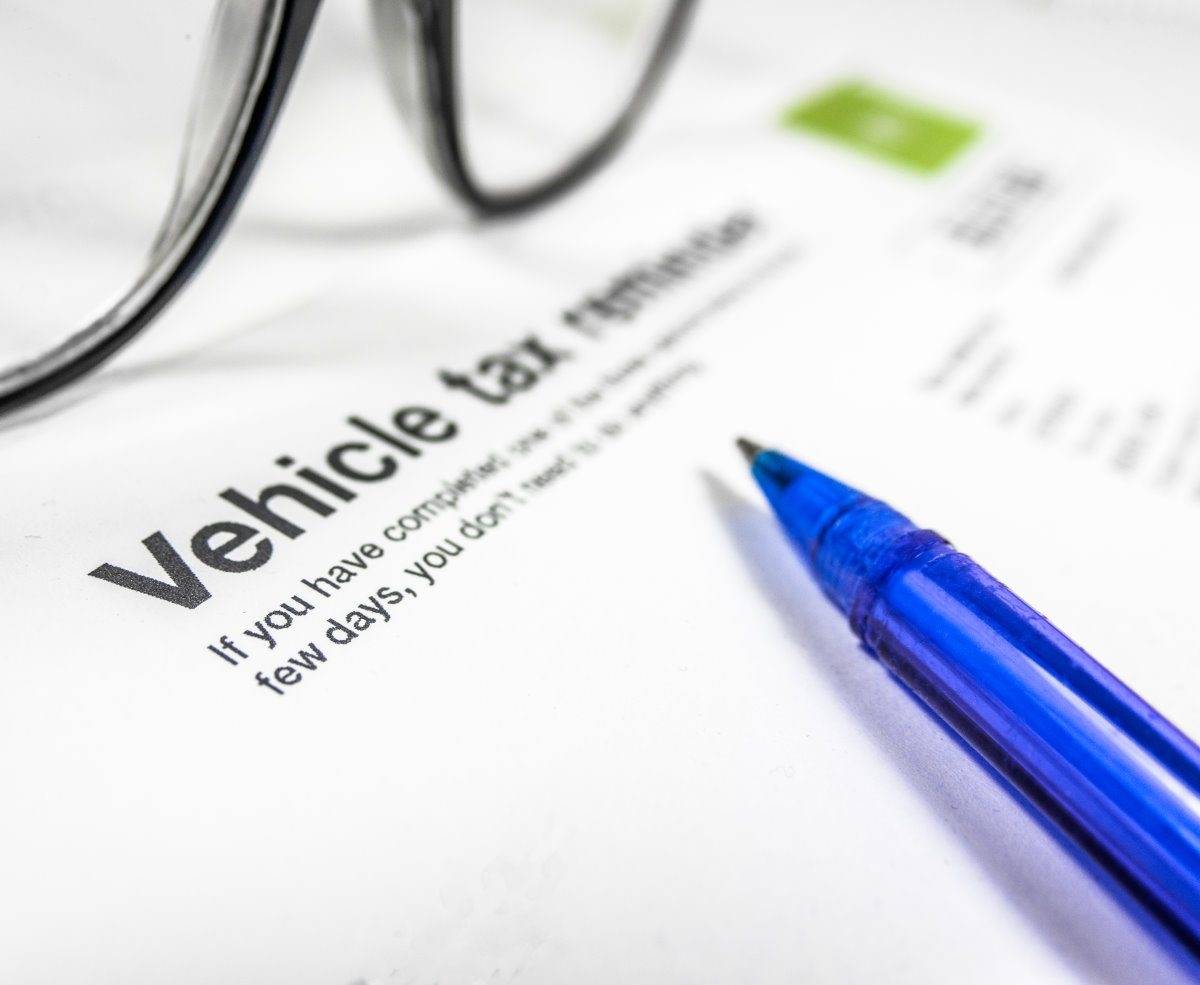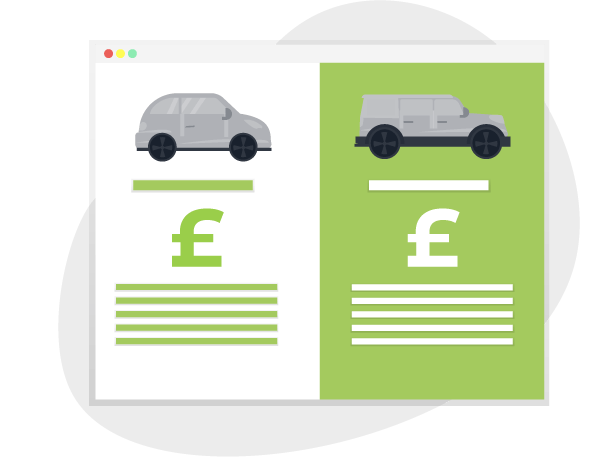Check all vehicle excise duty (VED) information online with Car.co.uk free car check
Road tax (officially known as ‘vehicle excise duty’ or VED) probably isn’t the first thing you think of when you hop in your car to travel to work or the supermarket – but it’s an absolutely vital part of staying legal on the road.
In the past, the tax disc in the windscreen of your car told you when your tax expired – but today, there’s often nowhere you can check your tax at a glance. This is why we created a quick and simple way to check car tax online – and it couldn’t be simpler.
All we need is your car’s registration number. That’s it.
With a vehicle’s registration number, we’ll give you all the tax information you need to know about that car. For example, you might wish to check whether or not a vehicle is subject to a Statutory Off-Road Notification (SORN) – or you may just want to know when the current tax runs out.
What else will you see?
The amount of VED road tax you pay depends on a few different things about the car you drive. The good news is, we give you all this information – so you’ll understand everything there is to know about the tax for thatvehicle. Our information includes the CO2 emissions rating for the car and the official DVLA tax band. Of course, you’ll also be able to see if the car is taxed, SORN, and when the VED expires.
Why is car tax so important?
The government uses the money raised from vehicle excise duty to maintain the 260,000 miles of roads around the UK. As such, it’s no surprise to discover that the DVLA and the police take car tax extremely seriously – which means it’s easy to run into hefty fines or find yourself in court if you neglect to tax a car. Some cars are exempt from paying for road tax – but even if your vehicle’s level of emissions or age means there’s no tax to pay, you still have to apply for tax online. Even if there’s no charge – it’s important that you go through this process, as otherwise, your car will be considered ‘untaxed’.

Can I check if a car is SORN?
If a car is used or stored on a public road, it must be taxed – but if it’s not, you may be able to make a Statutory Off-Road Notification; generally referred to as a SORN. When a car is SORN, it cannot be used on the road – but it’s useful for drivers who are repairing or restoring a car, or if the car simply isn’t going to be used for a number of months or years. Our check will let you know if a car is currently registered as SORN. This can be especially helpful if you’re buying a car and you’re not sure if it’s currently being used on the road or not.
Can I check the tax status of a car that doesn't belong to me?
Yes, you can. Since we only need a registration number to carry out a check, you can look at the road tax status of any vehicle. This is useful if you’re considering purchasing a car but you’re not sure how much the tax is going to cost each year or month. It’s also useful if you’re concerned about the emissions of a car and want to check how environmentally friendly your new set of wheels is going to be.







